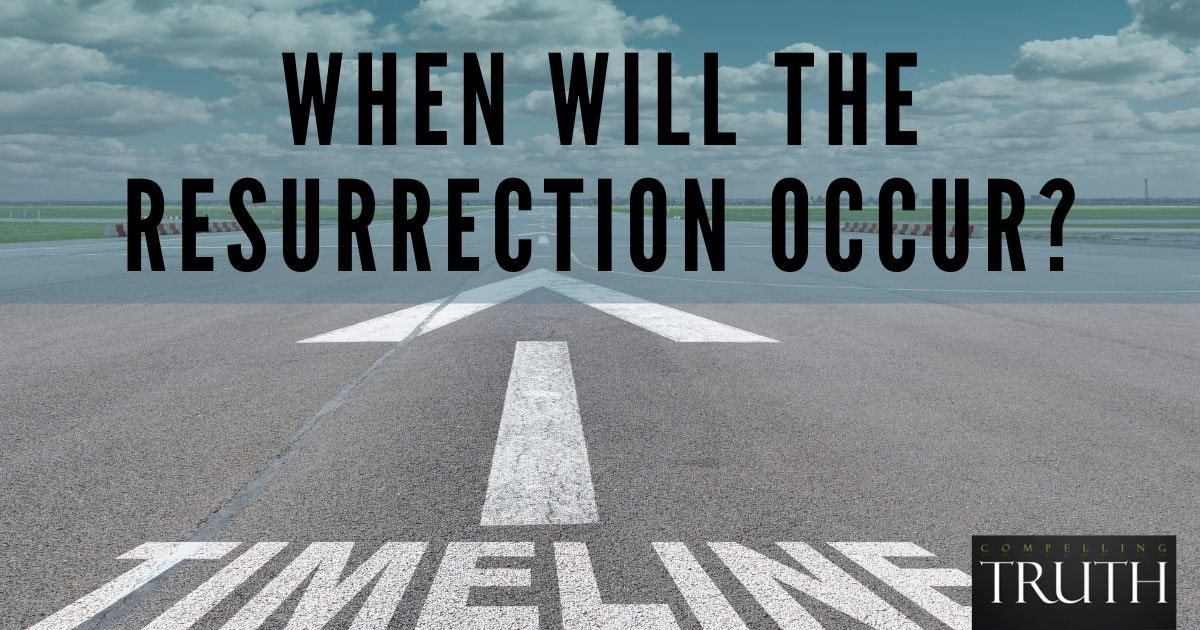The Bible suggests that we will have physical bodies in heaven, although they will be transformed and different from our earthly bodies. Job 19:26 speaks of seeing God in the flesh, and examples of Enoch and Elijah being taken to heaven in bodily form support this idea. Jesus's resurrection and ascension in a physical body, as well as the transformed bodies of Moses and Elijah at the Transfiguration, point to a future resurrection with physical bodies. First Corinthians 15:42–44 explains that our bodies will be raised in glory and power, and Revelation 6:9–11 and 22:14 show believers in heaven wearing robes, implying they have bodies. We can live well, taking care of our bodies now, while looking forward to a glorious future of resurrection bodies in heaven.
We are called to care for our bodies now, as they are temples of the Holy Spirit (1 Corinthians 6:19–20). Understanding that our bodies are valuable in this life and will be resurrected and transformed in the next helps us view our physical health as part of God's plan. At the same time, we can take comfort in knowing that our current physical struggles are temporary and will give way to a glorious future. The Bible describes our resurrected bodies as being transformed and imperishable, differing greatly from our earthly bodies. In 1 Corinthians 15:42–44, Paul explains that our bodies are sown in weakness and dishonor but will be raised in power and glory, being "spiritual bodies" that are no longer subject to decay or sin. These bodies will be suited for eternal life and will be powerful, glorious, and spiritual in nature, as opposed to the natural, mortal bodies we now have. Revelation 21:4 further assures us that in our resurrected state, there will be no more pain, death, or suffering, as we will be fully restored to perfection. Ultimately, our resurrected bodies will reflect the glory of Christ, enabling us to live in God's presence forever.




